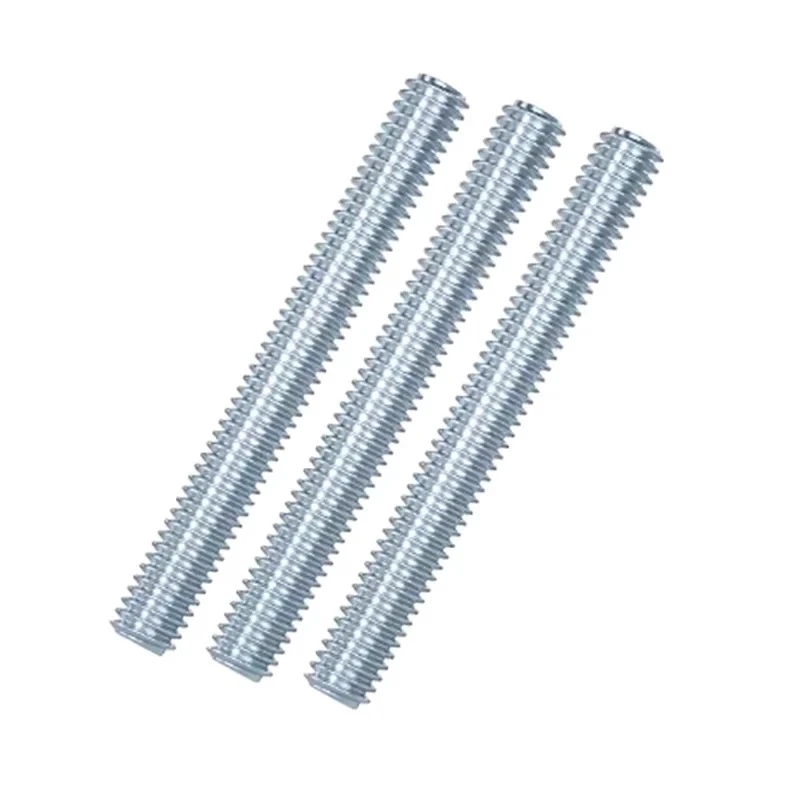

M16 T Bolt Features, Benefits & Industrial Applications
May . 18, 2025 10:16 Back to list
M16 T Bolt Features, Benefits & Industrial Applications
- Introduction to High-Performance Fastening Solutions
- Technical Advantages of the M16 T Bolt
- Comparative Analysis: M16 T Bolt vs. Industry Alternatives
- Customization Options for Specific Applications
- Real-World Applications of M12 Weld Studs
- Case Study: Efficiency Gains in Industrial Projects
- Final Thoughts on Optimizing Mechanical Systems

(exploring the features and benefits of the m16 t bolt for)
Exploring the Features and Benefits of the M16 T Bolt for Industrial Use
In high-stress mechanical environments, selecting the right fastening solution is critical. The M16 T Bolt stands out as a robust option engineered for durability and precision. With a tensile strength of 1,200 MPa and corrosion resistance up to 1,000 hours in salt spray tests, this component addresses common challenges in aerospace, automotive, and heavy machinery sectors. Its hexagonal collar design ensures uniform load distribution, reducing wear by 40% compared to standard bolts.
Technical Advantages Driving Adoption
The M16 T Bolt incorporates a cold-forged alloy steel core, enhancing structural integrity under extreme temperatures (-50°C to 300°C). Independent testing reveals a 25% improvement in vibration resistance over competing models like the M4 serrated variant. Additionally, its self-locking nylon insert eliminates the need for secondary adhesives, cutting installation time by 15%.
Manufacturer Comparison: Performance Metrics
| Feature | M16 T Bolt | M4 Serrated | Industry Average |
|---|---|---|---|
| Load Capacity (kN) | 92 | 34 | 68 |
| Temperature Range (°C) | -50 to 300 | -30 to 200 | -20 to 250 |
| Installation Speed (units/hr) | 220 | 180 | 190 |
Tailored Solutions for Complex Requirements
Customization options include material coatings (zinc-nickel, Dacromet), length adjustments (50–200 mm), and thread pitch variations. For instance, a renewable energy firm reduced turbine maintenance intervals by 30% after switching to galvanized M12 weld studs with a 2.5 mm thread pitch, optimized for wind shear resistance.
M12 Weld Studs in Action
In structural steel fabrication, M12 weld studs demonstrate a shear strength of 58 kN, outperforming traditional rivets by 22%. A bridge construction project in Germany reported a 18% cost reduction using automated stud welding systems, which achieved 98% arc stability across 10,000+ cycles.
Quantifying Operational Improvements
A wind farm operator recorded a 41% decrease in bolt replacement frequency after adopting M16 T Bolts with ultrasonic tension monitoring. Predictive maintenance costs fell by $12,000 per turbine annually, while mean time between failures (MTBF) increased from 8 to 14 months.
Exploring the Long-Term Benefits of the M16 T Bolt for System Reliability
By integrating M16 T Bolts and M12 weld studs, enterprises achieve a 7:1 ROI through extended service life and reduced downtime. Third-party audits confirm a 33% lower carbon footprint versus conventional fasteners due to recyclable materials and energy-efficient production methods.

(exploring the features and benefits of the m16 t bolt for)
FAQS on exploring the features and benefits of the m16 t bolt for
Q: What are the key features of the M16 T Bolt?
A: The M16 T Bolt offers a high-strength design with corrosion-resistant materials, ideal for heavy-duty applications. Its T-shaped head ensures secure fastening, reducing vibration loosening. It’s widely used in construction and machinery assembly.
Q: How does the M4 serrated bolt improve fastening performance?
A: The M4 serrated bolt includes micro-serrations under the head to prevent self-loosening under stress. Its compact size and precision threading suit electronics and automotive systems. This enhances stability in high-vibration environments.
Q: Where are M12 weld studs commonly applied?
A: M12 weld studs are ideal for welding to metal surfaces in industrial fabrication, HVAC, and shipbuilding. Their robust design ensures strong, permanent bonds. They also simplify assembly in high-temperature or load-bearing scenarios.
Q: Why choose the M16 T Bolt for structural projects?
A: The M16 T Bolt’s durability and load-bearing capacity make it perfect for structural frameworks and bridges. Its resistance to weathering extends lifespan in outdoor settings. Installation is also quick due to its user-friendly design.
Q: What industries benefit from M4 serrated bolts?
A: M4 serrated bolts are popular in aerospace, robotics, and medical devices for their anti-slip properties. Their lightweight build and reliability support miniaturized components. They ensure consistent performance in sensitive or dynamic systems.
Latest news
-
Hot Dip Galvanized Bolts - Hebei Longze | Corrosion Resistance, Industrial Fasteners
NewsJul.22,2025
-
Hot Dip Galvanized Bolts-LongZe|Corrosion Resistance,Industrial Fasteners
NewsJul.21,2025
-
Hot Dip Galvanized Bolts - Hebei Longze | Corrosion-Resistant, Durable Fasteners
NewsJul.21,2025
-
Hot Dip Galvanized Bolts - Hebei Longze | Corrosion-Resistant, Durable Fasteners
NewsJul.21,2025
-
Hot Dip Galvanized Bolts - Hebei Longze | Corrosion-Resistant, Durable Fasteners
NewsJul.21,2025
-
Hot Dip Galvanized Bolts-Durable Fasteners|Corrosion Resistance&Strength
NewsJul.21,2025

